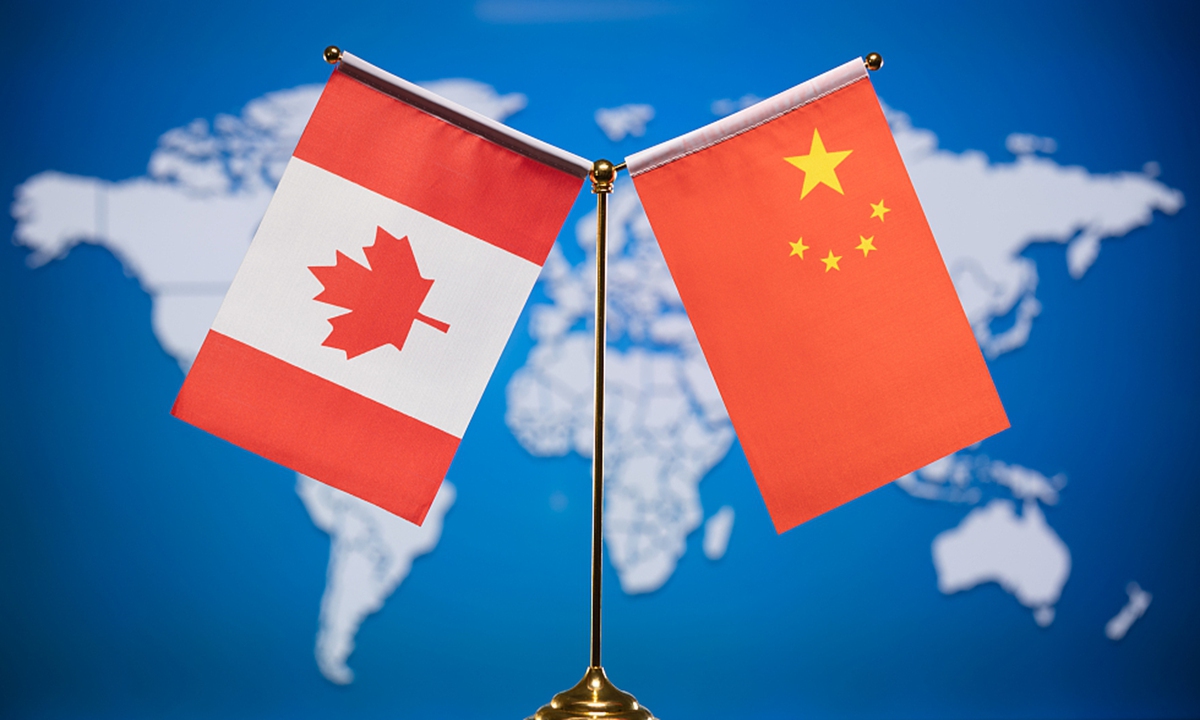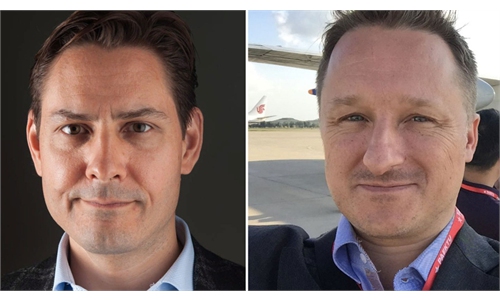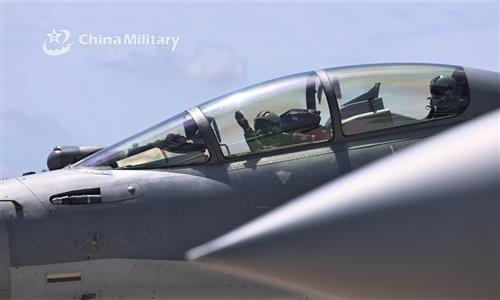Canada's hype about Chinese infiltration stems from fears over China's development: experts

China Canada Photo: VCG
After playing up the "dangerous interception" by Chinese fighter jets, Canada is now hyping that China is plotting to recruit Canadian government officials and academics to gain access to its technology and sensitive information. Chinese experts said on Sunday that Canada's hype stems from fears and worries that China's development will undermine the West's so-called technology-led rule-making and values.
The Canadian Security Intelligence Service (CSIS) warns of a large-scale email campaign trying to attract Canadian government officials and academics into a Chinese overseas talent program, CBC News reported on Friday.
"These types of talent recruitment and technology transfer initiatives can result in the misappropriation of government of Canada resources and the loss of proprietary and sensitive information," CSIS said in its statement, including a photo of the recruitment email, which uses the subject line "2024 invitation for overseas talents to apply for the Global Excellent Scientists Fund in China."
Canada's move is actually a signal that the Western world has further expanded its restrictions on China's high-tech sector, Wang Yiwei, director of the Institute of International Affairs at the Renmin University of China, told the Global Times on Sunday.
California-headquartered semiconductor equipment maker Applied Materials is under US criminal investigation for potentially evading export restrictions on China's top chipmaker SMIC, according to three people familiar with the matter, said a report from Reuters on November 17.
Citing national security concerns, the Biden administration's latest rules in October, which tightened regulations issued last year, aim to undercut China's artificial intelligence (AI) development by cutting off the country's access to less-advanced chip-making equipment from ASML and data-center chips from Nvidia.
This is a clear indication that Canada's foreign policy and strategy is to follow the US in all aspects, not only because of the deep binding of their national interests, but also to preserve the so-called liberal capitalist system and Western values, Wang noted.
In many cases, Canada has acted as the vanguard or even the scapegoat of the implementation of the US' strategies, and what the US does not want to say directly is realized through Canada, the expert added.
In October, Canada said it is "highly probable" that it detected a China-linked "Spamouflage" campaign that involved bots posting disinformation and propaganda on the social media accounts of members of parliament, including Prime Minister Justin Trudeau.
The Chinese Embassy in Canada immediately issued a statement refuting Canada's allegations, saying that the Canadian side has repeatedly accused China of spreading false information against Canadian politicians without providing direct and substantive evidence. This is a naked slander and slander against China, over which China expresses strong dissatisfaction and firm opposition.
Besides, the Canadian media the Globe and Mail on November 18 revealed that Michael Spavor, one of the two Canadians once jailed by China over espionage charges, blamed his fellow inmate, Michael Kovrig, for sharing intelligence on North Korea with Canada and allied spy services.
This report exposed Canadian government's lies as Canada repeatedly denied that the two Canadians were involved in espionage.
In addition to following the US, hard-line anti-China policies now seem to have become a "political symbol" in Canada and a common tactic in its domestic political struggles, Wang said, especially in the current period of temporary detente between China and the US.



